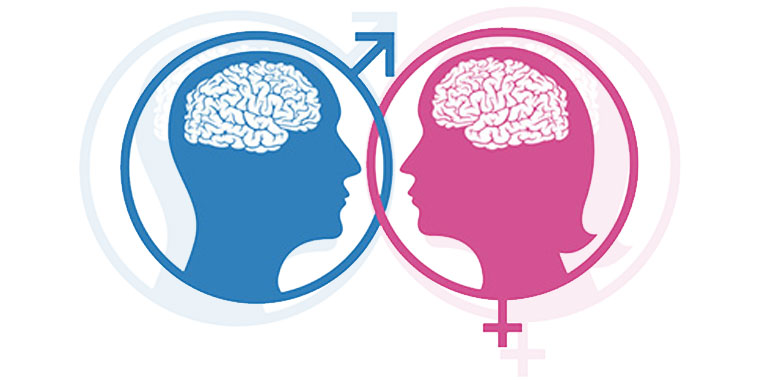A total of 14 thinking adults have put their signatures down on a letter to The Straits Times expressing their alarm by the claims made in the Focus on the Family relationship workshop that perpetuates gender myths.
The 14 are research scientists from the National University of Singapore and Yale-NUS.
A rule of thumb:
If one scientist is alarmed, he or she could have been paid off by Big Pharma.
If two scientists are alarmed, it could be a coincidence.
If three scientists are alarmed, we can accept what they say as provisionally true.
But when 14 scientists are alarmed, the rest of us should be too.
Here is the letter:
Female brains aren't pink, and male brains aren't blue
AS ACADEMIC scientists working in the life sciences, we are alarmed by the claims in the controversial Focus on the Family relationship workshop.
The scientific research examining sex differences in brain wiring and function simply does not justify teaching young adults damaging gender stereotypes, such as the claims that only women are "emotional" or that men have no self-control in sexual situations.
During development, males and females are exposed to different circulating hormones, which lead to some sex-based differences in brain structures. However, these structures show substantial individual variability as well, and male and female distributions overlap. As such, one cannot even reliably use these structural differences to determine the sex of a given brain.
On the whole, the brains of males and females are remarkably similar. The same holds true for many mental abilities and behaviours, albeit again with significant individual differences.
Sex-based differences in brain structure and wiring do not reliably produce the large-scale behavioural differences found in gender stereotypes. Also, sex differences in social, linguistic and mathematical abilities have been shown to be modest, if present at all.
Unfortunately, the idea of "hardwired differences" tends to attract attention and excitement. Everyday findings of similarity between male and female brains and behaviours are not deemed sensational enough to generate headlines. In contrast, numerous studies have found that girls and boys are often treated differently in familial and societal settings.
Many behavioural differences may be predominantly caused by the social environment, rather than being the inevitable result of sex alone. As the social environment includes education, getting sexuality education right is of great importance.
After decades of research examining male and female brains and mental abilities, the evidence of stark sex-based differences - in both gross brain function and the majority of our cognitive functions - is weak at best. Behaviour is a combination of nature and nurture. How the brain produces behaviour reflects a multitude of factors, including environmental, social and biological influences.
Ultimately, the gender stereotypes in the Focus on the Family pamphlet do not reflect either scientific consensus or careful, data-driven analysis. There is, for instance, simply no credible scientific evidence for the view that men are inherently "direct", whereas women's words cannot be taken at face value.
These gender stereotypes are inaccurate and harmful, and the force of scientific research should not be misused to support them.
Wong Peiyan (Dr)
Senior Research Fellow
Department of Pharmacology
National University of Singapore
This letter was co-signed by 13 other research scientists from NUS and Yale-NUS.
Related articles:
Sexuality workshops should take into account the diversity of views on the subject
15 questions about the Focus on the Family relationship programme debacle that badly need answers
Top photo via
If you like what you read, follow us on Facebook and Twitter to get the latest updates.
If you like what you read, follow us on Facebook, Instagram, Twitter and Telegram to get the latest updates.
